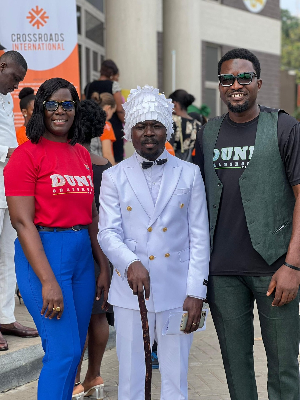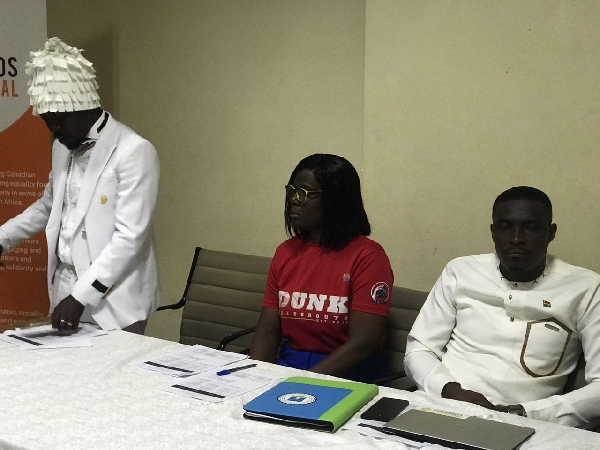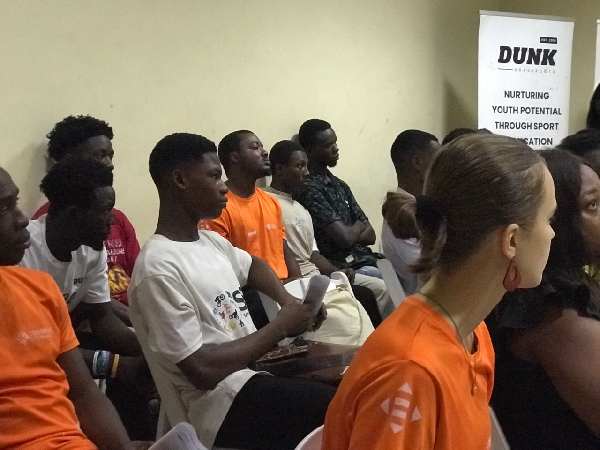 The 'Boys for Change' project aims to empower young boys to challenge gender inequality
The 'Boys for Change' project aims to empower young boys to challenge gender inequality
The Mayor of the Accra Metropolitan Assembly (AMA) has called for collective efforts to fight against gender-based violence in communities.
Speaking on behalf of the Mayor at the 'Boys for Change' project under the Dunkgrassroot initiative in Accra on June 25, 2024, Numo Kofi Okassa Diaka II, a Traditional Leader who also works with the AMA as an Executive Officer emphasized the urgent need for collective responsibility to eradicate gender-based violence, describing it as a scourge that affects all individuals.
"Dear esteemed guests, partners, and participants, I, Hon. Elizabeth Sackey, Mayor of Accra, am honored to be part of this crucial initiative to combat gender-based violence. Our city is committed to creating a safe and inclusive environment for all, and this program is a vital step towards achieving that goal," stated Sackey.
"Gender-based violence is a scourge that affects us all, and it is our collective responsibility to eradicate it. I commend the organizers and participants for their dedication to this cause. Let us work together to create a culture of consent, respect, and equality. Let us support survivors of gender-based violence and hold perpetrators accountable. Accra stands with you in this fight. Together, we can create a brighter future for all."
The 'Boys for Change' project aims to empower young boys to challenge gender inequality in communities such as Agege, Nima, and Dansoman, among others. The initiative provides necessary training to challenge gender stereotypes, foster life skills, leadership, and self-esteem, and help women fight gender-based violence.
Stella Ekallam, Head of Programs and Project Manager for 'Boys for Change,' highlighted the importance of education in combating these issues.
"We realize that there is a lack of education about some things, and people are not aware of some things. So, things are happening in the community because it is traditionally known for Ga children to be at home and not to go to school. They don't see the value of taking the child to school. So, we said we need to involve these boys; they need to speak out. They need to go to the community and speak to their parents and leaders to change policy for the girl child's right to be realized."
In collaboration with the Gender Unit of the Ghana Education Service and the Ministry of Gender, Children, and Social Protection, the project has made significant strides in three districts of Accra.


